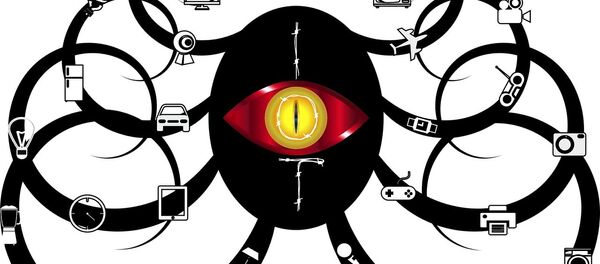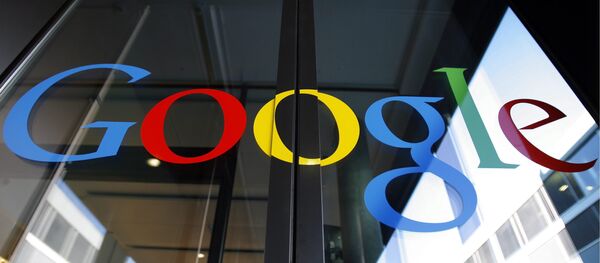Sputnik: This year alone we've seen conflicting reports about the use of screen time when dealing with phones, especially in relation to children, how much of an issue is Screen Time?
And with regard to the first one, the content and context of is seen. I think it's important to realize that a lot of the evidence that we have so far just really refers to the total amount of time is spent on screens and doesn't really focus on what's happening with that. So I'm sure you're looking at a screen now, I'm looking at a screen now. Not all screen use is detrimental. So like I said, the content and context of what's being done needs to be taken into account. And that's when more research is needed.
Sputnik: Much of the Government's advice could be boiled down to common sense; is this was a waste of time for the government to put so much effort into?
Sputnik: With near unlimited content online, what is the best way to protect children from being exposed to harmful imagery online?
Bob Patton: Well, I mean, there needs to be some way I think to restrict access to this type of content and something beyond simple putting in you Date of Birth, which is quite a common way of testing age, I think on these on these sites.
So there's probably some sort of technological solution out there needs to be found and accessed that would help to limit the content to make it age appropriate. And also, something around what is harmful content? I think we need to have discussions we need to talk to our children about the kinds of things that they might find online.
READ MORE: Internet-Connected Toys Could Let Hackers Access Your Children
Sputnik: Many of the issues with parents and children can come down to computer literacy. Previous generations may have been less computer literate than their children but as the knowledge gap decreases could we see parents be more aware of what their children have access to?
And parents do have a, you know, a duty of responsibility to kind of have some awareness of what's going on with their children. And that would involve knowing about the issues about the way that, you know, this information can be accessed and having healthy discussions with them about content and truthfulness and you know, trust issues and all of those things. It just needs to be brought out into the open
READ MORE: Children in UK Used as Spies 'Necessary Evil' — Security Expert
Sputnik: Where should the responsibility to protect children fall? The parents or providers?
Bob Patton: I think both parents and providers have to take some degree of responsibility to protect children the parents have to be aware of what the kids are doing and you know it's already mentioned digital literacy there before and providers need to step in to limit access where appropriate.
The views expressed in this article are those of the speaker and do not necessarily reflect those of Sputnik.



